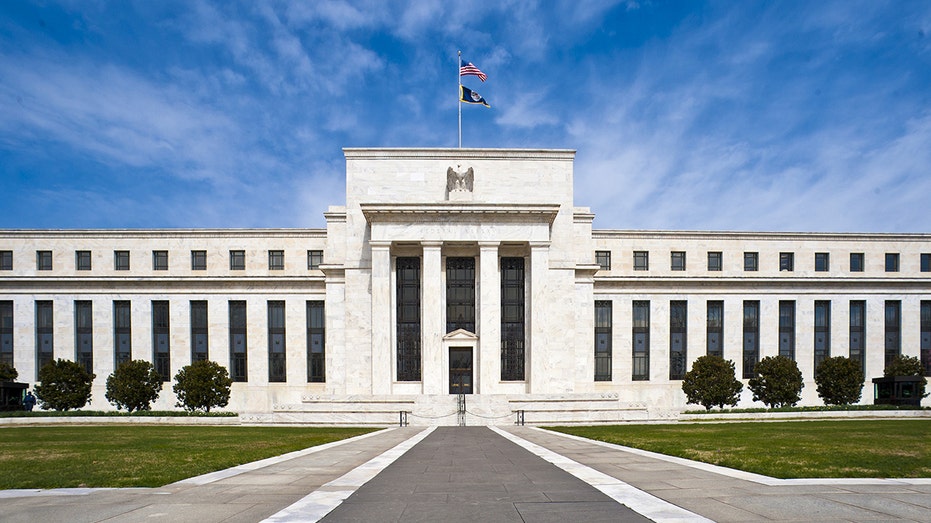Federal Reserve Chairman Jerome Powell said on Wednesday that the central bank could face a “challenging scenario” as it contends with President Donald Trump’s tariffs.
Powell said the duties on U.S. trading partners imposed by the White House are “significantly larger than anticipated,” and that they are “highly likely” to lead to a temporary rise in inflation.
“We may find ourselves in the challenging scenario in which our dual-mandate goals are in tension,” Powell said in prepared remarks to the Economic Club of Chicago. “If that were to occur, we would consider how far the economy is from each goal, and the potentially different time horizons over which those respective gaps would be anticipated to close.
TRUMP’S TARIFFS ARE PUTTING CONSUMERS AND BUSINESSES IN A BIND, TECH ASSOCIATION WARNS
The Fed chair also said the central bank would wait for more data on the economy’s direction before changing interest rates, as it aims to reduce inflation to its 2% target.
“For the time being, we are well positioned to wait for greater clarity before considering any adjustments to our policy stance,” Powell said. His remarks noted a potentially tough situation developing for the Fed in which inflation is pushed higher by tariffs while growth and potentially employment weaken.
HOW TRUMP’S TARIFFS COULD IMPACT THE LABOR MARKET
The outlook has now become extremely uncertain, Powell said, with “fundamental changes” in policy that don’t provide businesses and economists with any clear parallels to study.
In his first public remarks on recent financial volatility, however, Powell said he felt that bond and stock markets were functioning well, with the swings in security values showing investors taking stock of the new landscape.

Asked if there is a “Fed put” where the central bank will step in if markets plummet, Powell said “no, with an explanation… Markets are processing what’s going on…markets are struggling with a lot of uncertainty and that means volatility. But having said that, markets are functioning… Conditional on being in such a challenging situation, markets are doing what they’re supposed to do. They’re orderly and they’re functioning just about as you would expect them to function.”
“Powell is confirming what investors have been worried about, and that is the likelihood of slowing economic growth and more stubborn inflation as a result of the tariffs. Basically saying it’s sort of still an open-ended situation,” said Sam Stovall, chief investment strategist at CFRA Research.
The Nasdaq Composite bore the brunt of losses on Wednesday, falling more than 3%, with Tesla, Starbucks and Amazon among the biggest losers.
Technology stocks led the S&P 500’s drop of more than 2%, while consumer discretionary and communication stocks also fell.
The Dow Jones Industrial Average fell 699.57 points, or 1.7%, led by Amgen and Apple, while Chevron and Travelers bucked the selloff. Energy stocks posted modest gains as oil rose above the $62 per barrel mark.
Reuters contributed to this report
Read the full article here
















